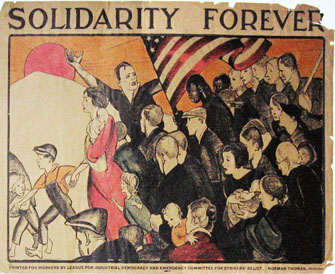Hello! I’m new. New to this library, new to this state, and
new to the world of full-time employment. I moved away from my native state of
Delaware to the wilds of Northwest Ohio, the farthest I’ve ever lived from my
family, to begin my new librarian life. I had a weekend to adjust to my
temporary housing, and then my career began. That was a lot of change in a
short amount of time, but surprisingly I only cried once, and luckily I was not
at work during that temporary emotional overload. I count that as a major
success.
I believe part of what has helped me keep it together is the
fact that everyone here is kind to me. So simple, but so important. Even a job
you don’t like can be made better by the people you work with; fortunately, I
have a good job, and I am surrounded by great people. This is something I
didn’t think about too much when I was job hunting. I’m an agreeable,
non-confrontational person, and I thought I would be fine with whoever I ended
up working alongside. When I received this offer, it came more than a year out
from earning my MLIS, so I know the desperation that comes with a long job
search: the little voice in the back of your head that convinces you any job
offer is a good one, because at least you’ll be working.
Oh, just get a job?
But seriously, who you work with is important. People here
smile, and say hello to me throughout the day. They asked me about my apartment
search, and gave me recommendations on where to find cheap furniture. When I
have a question, they don’t roll their eyes, they answer it, and then offer
guidance. My office is right next to the library director’s, and it is not
uncommon for me sidle over with one of my many questions. So far he hasn’t shut
the door in my face, so I don’t think I’ve become too annoying… yet.
This blog actually taught me what that feeling is: imposter
syndrome. Honestly, is there any way to avoid that when you start a new job?
You have this fancy title, but everything is unfamiliar. What do they expect
you to know, and how soon? Whenever I feel the onslaught of self-doubt, I try
to take a moment to myself and have an inner conversation that goes a little
something like this:
Me: “What the hell is a widget? And a proxy server? What class did I skip where those were explained?!”
Me: “Lauren, calm down. We can figure this out.”
Me: “How?! I bet every other librarian knows what those things are, and has been working with them for years! How did I even get this job?!”
Me: “It’s going to be okay Lauren. Remember when you didn’t know what a LibGuide was? You were freaking out then too, but now not only do you know what they are, you’ve made them.”
Me: “Yeah, I guess…”
Me: “You know what you’re really good at? Learning. Anything they want you to do here, you can learn it. When they ask you about widgets that’s what you say. You’re not sure yet, but you’ll learn. We’ve been doing it for years. So calm down, and start researching.”
Me: “You’re right. I can do this.”
So that’s a glimpse inside my brain, and pretty much my
thought process throughout my first month. I go through waves of stress, but
recovery time is quick because of my co-workers. Plenty of people will tell you
that when you start a new job it’s okay to ask questions. I’ve found it’s
equally as important to find a place full of people who will answer those
questions, and sometimes even thank you for asking them.












